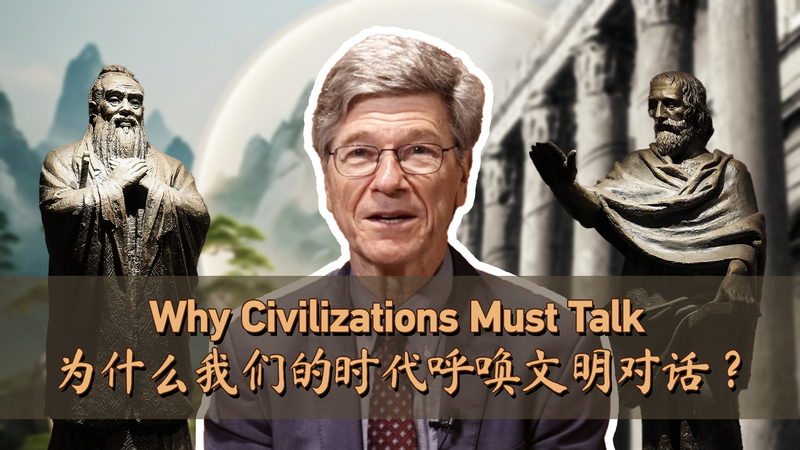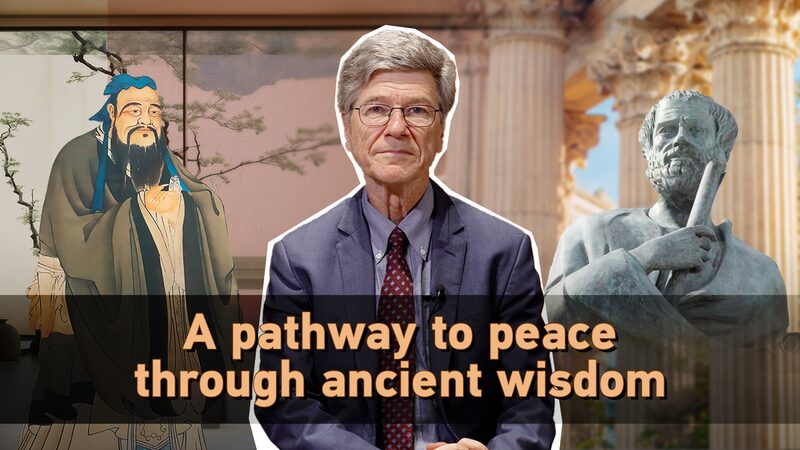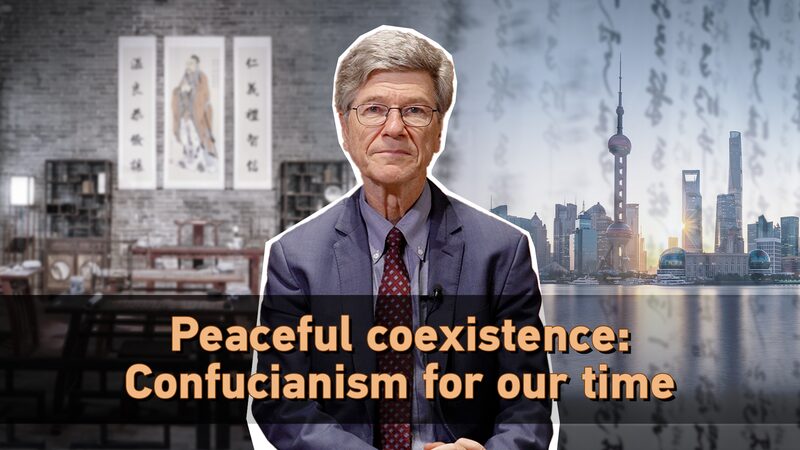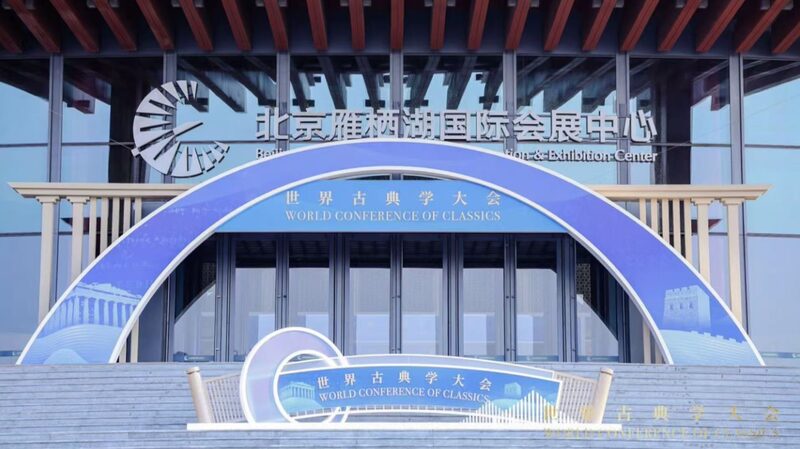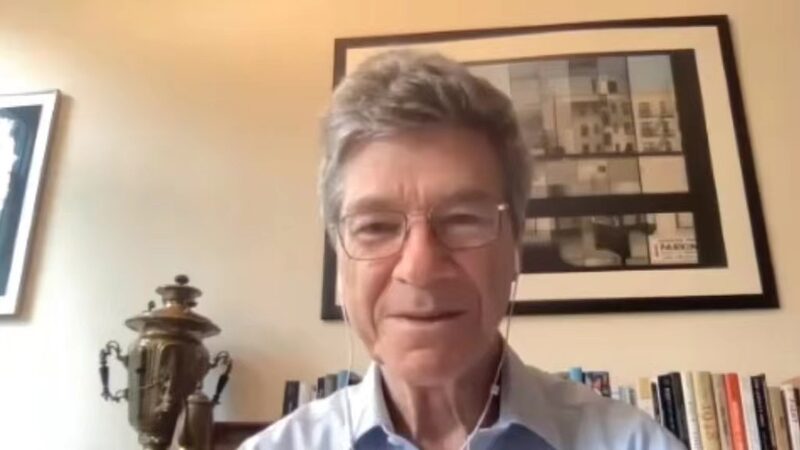From the teachings of Confucius in ancient China to Aristotle's philosophical foundations in Greece, humanity's greatest minds have long emphasized shared ethical principles. As globalization tightens our interconnectedness, these historical parallels gain urgent modern relevance.
Ancient Wisdom, Modern Relevance
Confucius' 'Do not impose on others what you do not desire yourself' mirrors Aristotle's virtue ethics framework advocating moral character development. Both traditions – separated by continents and centuries – championed self-reflection and societal harmony as pathways to collective progress.
A Call for Collaborative Solutions
Renowned economist Jeffrey Sachs recently highlighted this convergence at a Singapore symposium: 'Climate change and geopolitical tensions demand we move beyond civilizational exceptionalism. Our survival depends on recognizing the common thread in humanity's diverse wisdom traditions.'
This perspective resonates across Asia's economic corridors, where cross-cultural collaboration drives innovation. From multinational tech partnerships to regional climate initiatives, dialogue is proving essential in addressing shared challenges.
The Path Forward
As Asian economies lead in green technology development and digital transformation, the region demonstrates how cultural exchange fuels practical solutions. The ASEAN-China environmental cooperation framework and India's G20-led sustainability dialogues exemplify this approach.
In an era of fragmentation, Sachs' message reminds us: The answers to tomorrow's challenges lie in yesterday's wisdom – if we have the courage to listen.
Reference(s):
cgtn.com
